22 & 23 January, 2026. Vancouver
By Sea, Land, & Air - Removing Carbon to Prosper
In 2024, hundreds of climate leaders gathered in San Francisco to accelerate carbon removal. In 2026, the mission moved to Canada's west coast — where sea, land, and air unite to drive bold gigaton-scale solutions.
2026's Summit Themes
Canada Rising: The Next Frontier for Carbon Removal
Learn how the country is poised to turn into a global CDR leader.
Leveraging Blue Carbon and Marine CDR to Drive Climate Solutions
Explore the carbon sequestration potential of the Pacific, and how innovators are scaling marine CDR technologies to drive climate impact.
How Western States & Provinces Are Shaping Policy
Hear how these jurisdictions are advancing innovative policies to accelerate scalable carbon removal, while balancing economic opportunity and environmental responsibility.
In Numbers
C-Suite or Director Level
Organisations in Attendance
New Audience Members Event to Event
Meet the 2026 West Coast Speakers
Introducing the leaders and experts who shaped our discussions in Vancouver. From leading buyers and investor heavyweights to NGOs and tech developers, we have assembled a diverse and senior group of CDR champions to help the industry meet gigaton-scale climate goals.
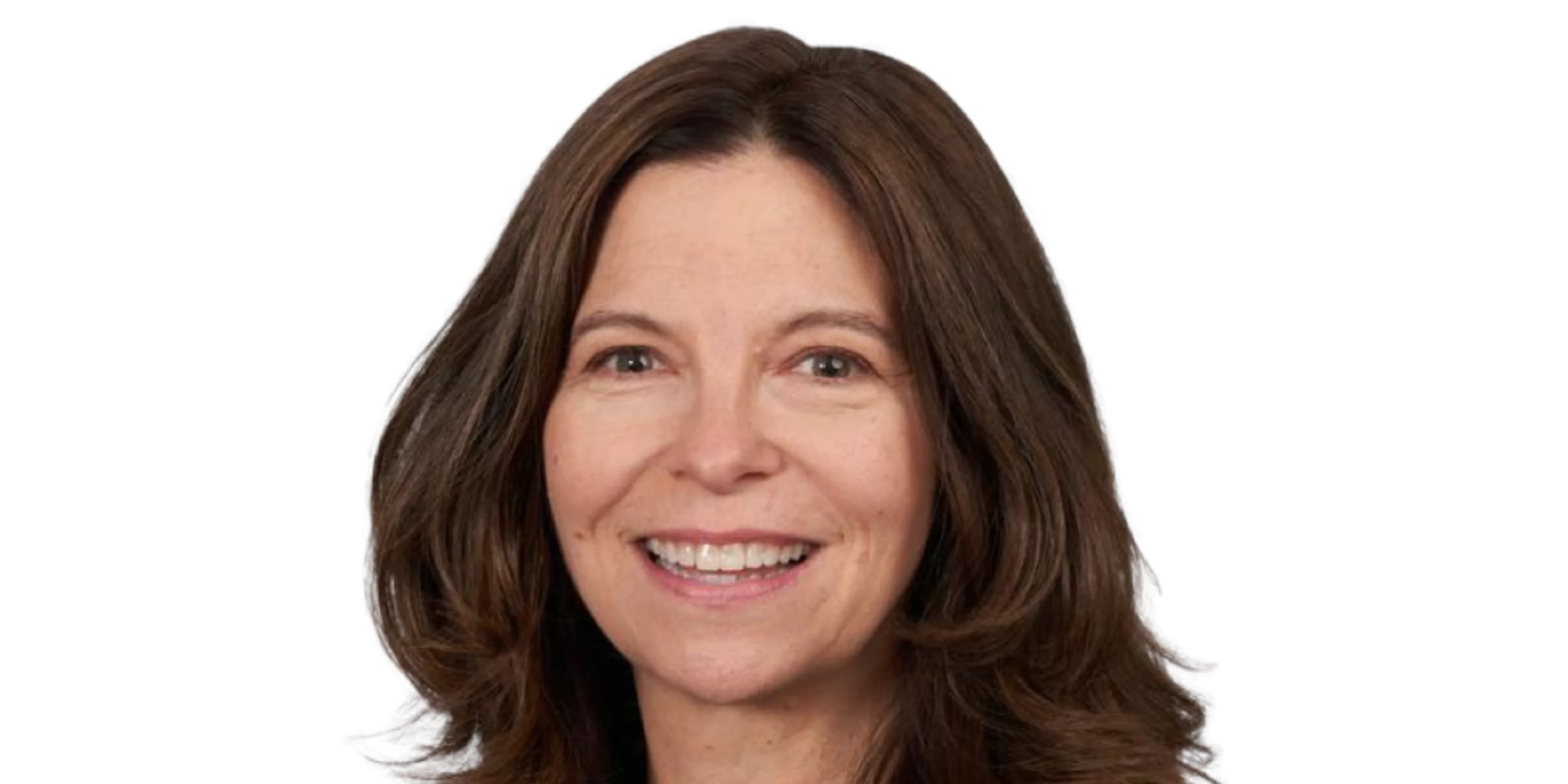
Lauren Wylie
Global Head of Sustainability & Social Impact


Julio Friedmann
Chief Scientist


Alexandra Petre
CEO


Jonathan Rhone
Co-Founder & CEO


Peter Minor
CEO & Founder


Taylor Wright
Head of Operational Sustainability


Marty Reed
Managing Partner

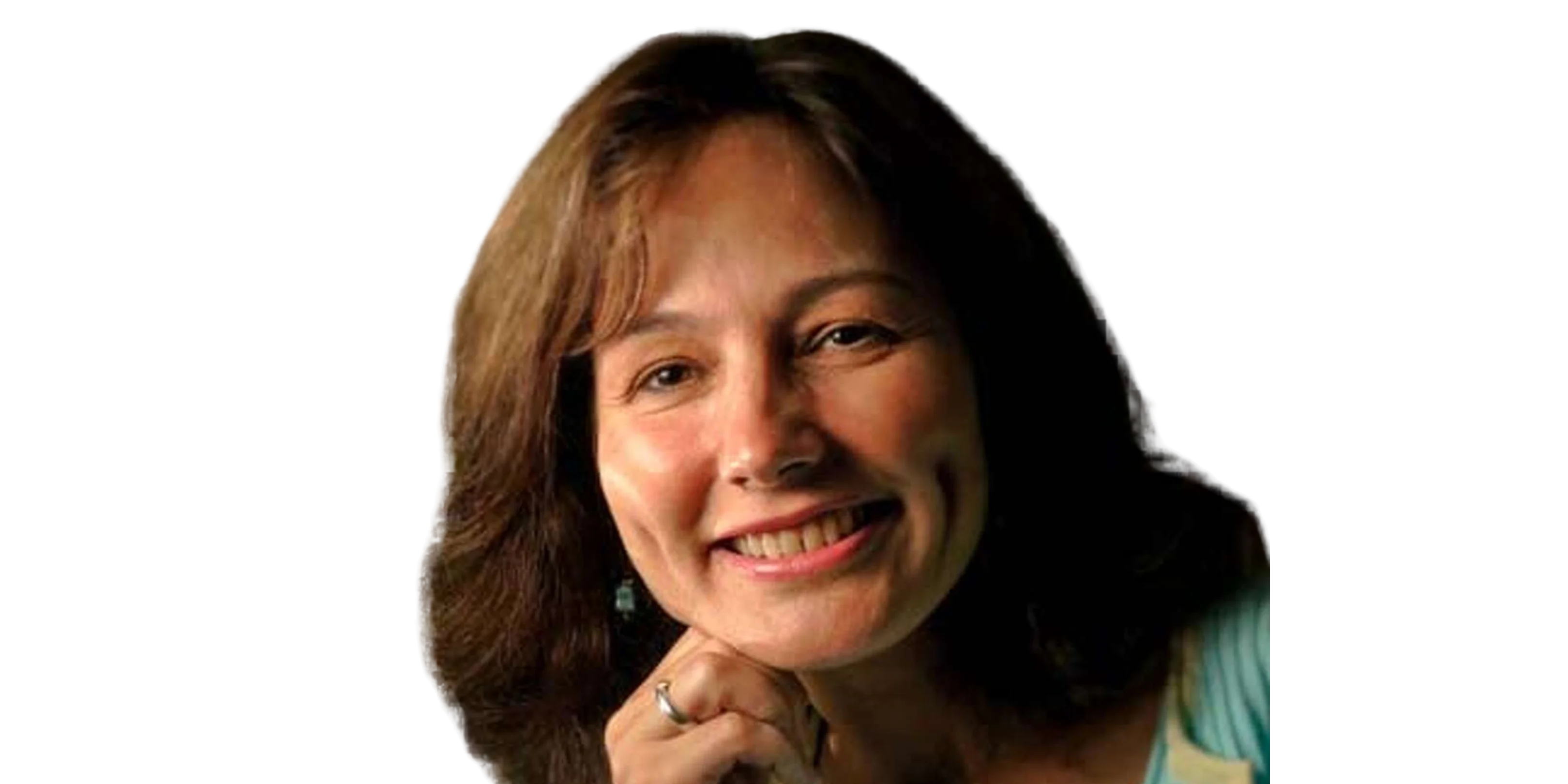
Diane Doucette
Co-Founder & President

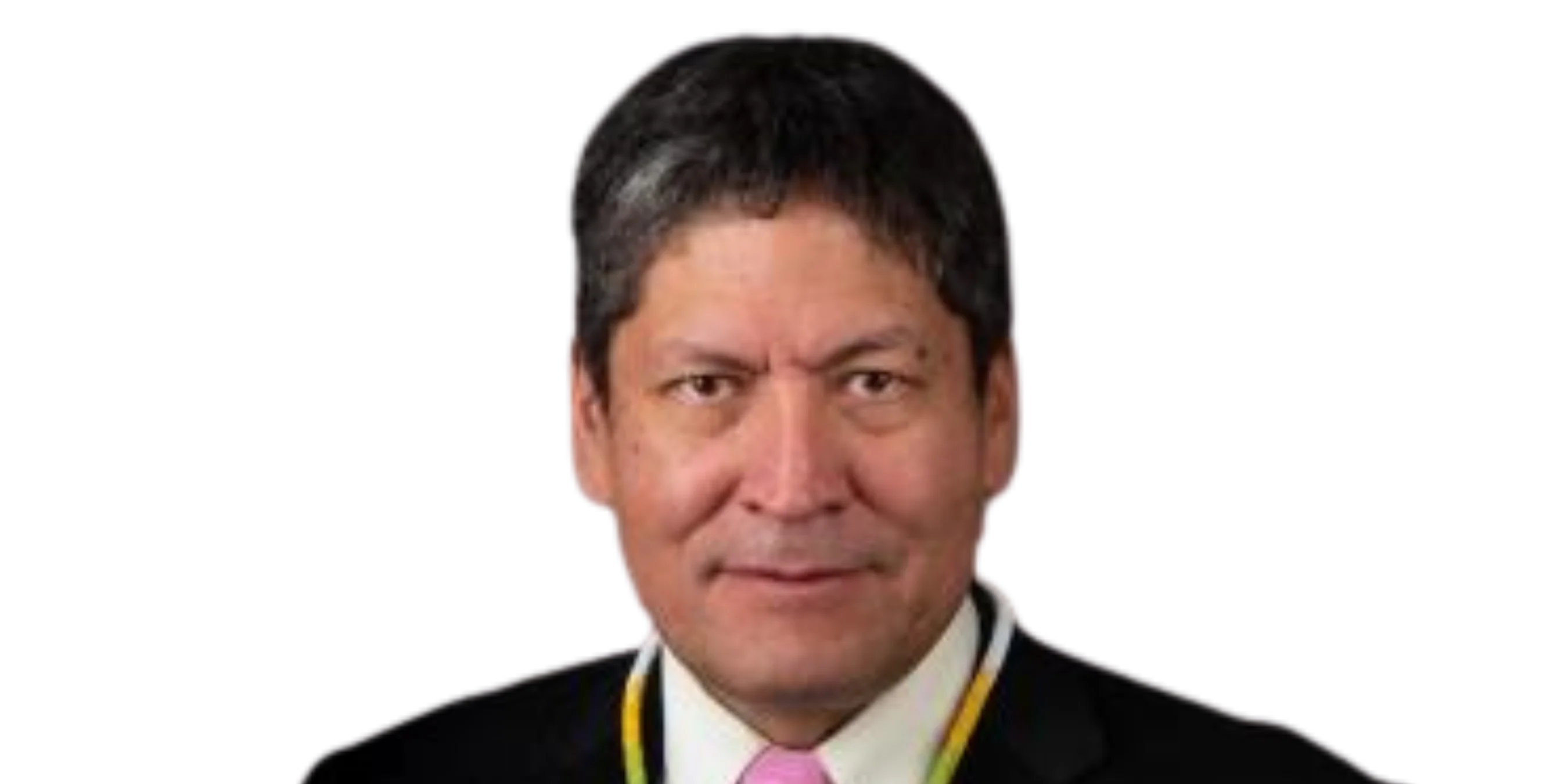
Ken Paul
Principal/Owner


Sam Israelit
Chief Sustainability Officer

.png)
Joanna Klitzke
Head of Procurement & Ecosystem Strategy


Francesca Hillery
Director of Programs & Partnerships


Tim Sperry
CEO


Giana Amador
Executive Director

.avif)
Ryan MacPherson
Director, Climate Innovation & Investment

.avif)
Anu Khan
Entrepreneur-in-Residence

2026 Sponsors
Thank you to these industry leaders for backing innovation, investment, and collaboration in carbon removal at Carbon Unbound West Coast.





.png)
.png)
.png)
.png)
.png)
CDR Companies in Attendance
.png)
Unrivalled Connections
Unmatched Insights
Unbound Opportunities
A Pan-Pacific Launchpad for Carbon Removal
Strategically positioned between the Americas and Asia, Vancouver is fast becoming a key hub for carbon removal. As Canada’s Pacific powerhouse, it offers direct access to international markets, a thriving cleantech ecosystem, and growing interest from institutional investors and corporate buyers across North America and beyond.
Unparalleled Senior Networking
An expertly curated audience of 400 senior executives and decision-makers will join us in 2026—80% at C-Suite or Director level. Over two focused days, delegates will schedule high-impact meetings using our exclusive summit networking app, setting the tone for a year of carbon removal progress.
Where the CDR Industry Moves Forward
In 2026, delegates will engage in interactive discussions with leading carbon removal buyers, hear directly from policymakers across Canada, the U.S., and APAC, gain insights from top climate investors, and contribute to the most urgent conversations shaping the future of global carbon removal.
Meet our Carbon Unbound USA ‘24 Advisory Board
CDR pioneers crafting the discussion.

Brad Ack
Chief Executive Officer
Ocean Visions

Giana Amador
Executive Director
Carbon Removal Alliance

Nikki Batchelor
Director of Carbon Removal
XPRIZE Carbon Removal

Sarabeth Brockley
Head of Carbon Strategy
Nasdaq

Harris Cohn
Head of Sales
Charm Industrial

Kerry Constabile
Vice Chair, Energy Technical Advisory Committee & Senior Climate Expert
Gold Standard

Natalia Dorfman
CEO & Co-Founder
Kita

Kristin Ellis
Partner
Lowercarbon Capital

Alexander Farsan
Head of Climate and Environment
Klarna

Justin Freiberg
Managing Director
Yale Carbon Containment Lab

Mars Garza
Co-Founder
Alcove

Julie Gosalvez
Chief Marketing Officer
Climeworks

Annie Guo
Strategic Origination Lead, Carbon Removal
Microsoft

Angela Hepworth
SVP Commercial Innovation
Drax

Robert Höglund
Climate Advisor
Milkywire

Tito Jankowski
CEO
AirMiners

Hannes Junginger-Gestrich
Founder & CEO
Carbonfuture

Anu Khan
Deputy Director of Science & Innovation
Carbon180

Michelle Li
Founder
Clever Carbon

Jim Mann
Founder & CEO
UNDO

Radhika Moolgavkar
Head of Supply & Methodology
Nori

Luke Rondel
Head of Growth
Running Tide

Ben Rubin
Executive Director & Co-Founder
Carbon Business Council

Gaurav N. Sant
Pritzker Endowed Chair in Sustainability
UCLA Samueli School of Engineering

Benjamin Schulz
Founding Partner
Carbon Removal Partners

Mitchel Selby
Sustainability Fund
Shopify

Chris Sherwood
Secretary-General
Negative Emissions Platform

Anna Stukas
VP Business Development
Carbon Engineering Ltd

Susan Su
Partner
Toba Capital

Christian Theuer
Policy + Comms
Heirloom

Duncan Turner
General Partner
SOSV

Ongeleigh Underwood
Director
Circular Carbon Network

Rob van Straten
CEO
Skytree
Don't Just Take Our Word For It
Just some of the delegate praise for our previous North American summits.
What’s On?
Carbon Unbound West Coast hosts two full days of action-packed sessions and networking, here's your laser-focused CDR agenda.

Thursday 24th October
Morning
Coming Soon...
Afternoon
Coming Soon...
Friday 25th October
Morning
Coming Soon...
Afternoon
Coming Soon...
Unbound
Sustainability Pledge
Through the partnerships made, the momentum built and the knowledge shared, we are confident that our summits are helping engineer a carbon neutral world. We recognise that our events
portfolio generates its share of emissions...
Which is why we have partnered with Milkywire's Climate Transformation Fund to account for carbon emissions across our
global event portfolio.
2026 Marketing & Community Partners



.png)

2026 Agenda
Carbon Unbound West Coast hosted two full days of action-packed sessions and networking. This was the laser-focused CDR agenda.
Thursday 22nd January
Morning
Julio Friedmann - Chief Scientist, Carbon Direct
- Past: Since the first Carbon Unbound in 2023, what lessons has the industry learnt over the past 3 years?
- Present: What technical, financial and regulatory challenges does the CDR industry still face?
- Present: What lessons can start-ups and project developers learn from failures and past projects?
- Future: Where is the industry going, and how are initiatives like CDR30 shaping opportunities for carbon removal solutions?
Julio Friedmann - Chief Scientist, Carbon Direct
Alexandra Petre - CEO, Deep Sky
Chris Neidl - Carbon Removal Lead, UN High-Level Climate Champions
Nikki Batchelor - Executive Director, XPRIZE
Tom Hayes - Senior Officer for Market Relation, Gold Standard
- How are changing political landscapes in North America reshaping carbon market dynamics, and what opportunities do they create for resilient carbon removal markets?
- Which standards and registries are most influential in advancing carbon removal credits, and how are Pacific Northwest states and provinces shaping demand through regulation?
- What role will CBAM and Article 6.4 play in North American competitiveness, and how might they integrate with existing West Coast and Canadian cap-and-trade systems?
- How are corporate buyers and investors responding to carbon removal opportunities in North America, and what barriers must be overcome to scale supply?
- How are voluntary carbon markets evolving to complement compliance systems, and what does this convergence mean for scaling high-integrity carbon removal?
Maggie Comstock - Global Head of Policy, Arden Climate
Duncan van Bergen - Co-Founder, Calyx Carbon
Jonathan McGillivray - Partner, Resilient LLP
Peter Minor - CEO & Founder, Absolute Climate
Rev up your engines! Investors will be positioned in the breakout room, ready to meet start-ups. Start-ups have 3 minutes to pitch before a bell rings, and move to the next investor’s table.
- How can CDR initiatives empower Indigenous communities, and how is self-determination realized in practice?
- What is the Free, Prior, and Informed Consent (FPIC)? Do project developers and buyers understand its importance and significance?
- What is the most important next step to cultivating a conversation on Indigenous participation and ownership of CDR projects
- How can successful Indigenous carbon initiatives be scaled across North America while protecting traditional knowledge and preserving community governance?
Sara Nawez - Director of Research, Institute for Responsible Carbon Removal
Francesca Hillery - Director of Programs & Partnerships, Partnership for Tribal Carbon Solutions
Joseph Pallant - CEO, Great Bear Carbon
Ken Paul - Principal/Owner, Pokiok Associates
Drawing on hands-on experience developing and validating DAC projects, this session explores what’s working, what’s harder than expected, and what needs to change to unlock the next phase of DAC deployment in North America.
Alexandra Petre - CEO, Deep Sky
Stacy Kauk - Chief Science Officer, Isometric
Afternoon
Organisations invite attendees to participate in intimate discussions around key development challenges. The session will culminate in the sharing of new ideas between the delegations.
1) What Buyers Want Suppliers to Know in 2026
Kate Rodger - Head of Business Development, North America, Isometric
2) The Precision Biochar Revolution: Turning Climate Disaster into Climate Recovery
Martin Lynch - Founder, The Biochar Club
3) Beyond the Offtake: Funding the Path to Operations
Kai Alderson - Partner | Co-Leader, ESG and Sustainability, Fasken
4) Accelerating Reforestation through Carbon Removals
Spencer Plumb - Senior Manager, Forest Management Innovation, Verra
5) Delivering Community Benefits in a Post-BIL/IRA World
Aidan Preston - Senior Impact Manager, Milkywire
6) Signals vs. Demand: Are CDR Policies Actually Creating Buyers?
Isaac de Leon - Carbon Dioxide Removal Policy Advisor, CDR.fyi
7) Inside the 2025 Biochar Industry Survey: Building Markets to Scale Production in the Global North
Myles Gray - Executive Director, United States Biochar Initiative
8) Sub-national GGR policy on the Pacific Coast
Mike Robinson - Director, PacClean.org
9) Founding in the Fog: Building Carbon Removal Companies When Nothing Makes Sense
Ross Kenyon - Venture Fellow - Lichen Ventures
10) CDR Policy in Canada: Gains, Gaps & Goals
Melissa Hillier - Associate Director Carbon Policy, Carbon Business Council
11) Breakthrough Innovation in The New Carbon Economy
Rudy Kahsar - Principal, RMI
This demand-catalysing ice-breaker will offer a unique opportunity for CDR project suppliers and buyers to connect more efficiently ahead of the two day summit. Each buyer-supplier pairing will have 3 minutes to introduce themselves before a bell rings, when they will move to the next table.
- How are increasingly ambitious state, provincial, and federal emissions reduction targets creating new pressures and opportunities for carbon removal?
- In what ways can regional/national market linkages and initiatives support cross-border carbon removal projects, and what benefits and challenges arise from such collaborations?
- How can California’s six-bill package, its carbon market, and the DoE’s funding criteria be leveraged to scale carbon removal and potentially serve as a model for other regions?
- What is the current state of Canada’s national offsets program, particularly regarding existing and emerging removal protocols (nature-based and engineered)?
- What are Canada’s current and future credit demand signals, how are removals being integrated, and what do new global carbon market coalitions mean for CDR stakeholders?
Katie Sullivan - Global Managing Director, IETA
Jackie Mercer - Program Manager, Offsets and Emissions Trading, Carbon Markets Bureau, Environment and Climate Change Canada (ECCC)
Mike Robinson - Director, PacClean.org
The future of CDR depends on scaling both demand and supply, attracting new buyers, encouraging deeper investments from existing ones, and supporting the growth of projects that can deliver durable tonnes at scale. In this session, CDR.fyi will provide a snapshot of the tonnes sold in 2025, along with key highlights and trends shaping the market’s evolution in the year to come.
Isaac de Leon - Carbon Dioxide Removal Policy Advisor, CDR.fyi
In these themed sessions, which will run simultaneously, the chair will introduce the speakers, and kick off with a few key questions to foster idea exchange and diverse viewpoints.
Biomass Pathways & Their Co-Benefits
- How do biomass carbon removal pathways contribute to climate solutions, and where does wildfire mitigation fit in?
- Which policies or incentive programs have been most effective in enabling sustainable biomass management?
- What are the potential environmental benefits of BiCRS, including impacts on soil health, biodiversity, water retention, and landscape resilience?
- How do BiCRS create jobs, support rural economies, and align with energy and climate policy goals?
- How can biomass utilization projects support and benefit local and Indigenous communities?
Chair
Charlotte Levy - Managing Science & Innovation Advisor, Carbon180
Speakers
Grant Canary - CEO & Founder, Mast Reforestation
Harris Cohn - Head of Sales - Charm Industrial
Varsha Ramesh Walsh - CEO, Offstream
Direct Air Capture: From Pilots to Hubs in the North West
- The (Pacific) North West leads in DAC. What are the region’s key advantages and challenges? How far along is the sector in its consolidation phase?
- Can government funding, tax credits, and offtake agreements narrow the cost gap fast enough to move projects to large-scale operations?
- What is the current investor landscape for DAC? What are the key drivers and what do we expect in the years to come?
- How will the high energy, water, and material demands of DAC impact its feasibility and expansion in the years to come?
- How should community engagement and recognition of Indigenous sovereignty influence DAC project siting and design in the region?
Chair
Catie O’Neal - Director of Western Canada, Carbon Removal Canada
Speakers
Breanne O’Reilly - COO, International CCS Knowledge Centre
Vida Gabriel - Co-Founder & CEO, TerraFixing
In these themed sessions, which will run simultaneously, the chair will introduce the speakers, and kick off with a few key questions to foster idea exchange and diverse viewpoints.
From Tailings to Tonnes: Mining for Carbon Removal
- What drives mining companies to partner with CDR developers, and what excites buyers about these collaborations?
- How do developers communicate their value-add, and what risks or barriers do both sides face in these partnerships?
- What is the potential scale of CDR deployment in connection with legacy industries, and how is commercialization evolving in the current political landscape?
- How can policy unlock more deployments and partnerships while ensuring appropriate guardrails for social, environmental, and community impacts?
- How do we engage (indigenous) communities, and ecosystem partners and ensure projects support communities and foster positive outcomes?
Chair
Eli Cain - Deputy Director of Policy, Carbon Removal Alliance
Speakers
Kate Murphy - Founder& CEO, Aquarry
Michael Battersby - Managing Director & Co-Founder, Cambrian Carbon
Mike Sullivan - Co-Founder & CEO, BAIE Minerals
Blue Frontiers: Leveraging Pacific Innovation for Global Impact
- What is one inflection point in the last few years that has increased momentum in the mCDR field?
- Where do you see standardization emerging that will help build confidence in mCDR outcomes?
- What milestones meaningfully separate research projects, pilots, and early commercial supply and how do earlier stage projects inform commercialization?
- What kind of novel partnerships do your companies pursue to scale your approaches and which of these partnerships are most important for giving buyers confidence in long-term delivery?
- How are your companies leveraging additional revenue streams beyond carbon credits?
Chair
Gabriella Kitch - Coastal Resilience Project Partner, CRSI
Speakers
Frances Simpson-Allen - Head of Market Development, Ebb Carbon
Tara Bodjak - Director of Communications, Captura
10-minute case setting, 30-minute breakout discussion, and 20-minute feedback sharing with the audience.
Scaling the supply of carbon removal remains one of the most critical challenges for achieving meaningful climate impact. This interactive session will explore the pathways, strategies, and innovations needed to expand CDR supply at commercial scale. Drawing on first-hand experiences, research, and expert insights, participants will collaborate in breakout discussions to identify key barriers, share lessons learned, and co-develop solutions for scaling supply efficiently and responsibly.
Adam Sipthorne - Global Head of CDR Sourcing, Carbonfuture
Megan Hunold - Head of Partnerships, ClimeFI
Rudy Kahsar - Principal, RMI
Ryan Covington - Partner, Philip Lee
Tito Jankowski - Co-founder & CEO, AirMiners
Wade Grant - Member of Parliament for Vancouver Quadra and Parliamentary Secretary to the Minister of Environment, Climate Change and Parks, Government of Canada
Friday 23rd January
Morning
- How can CORSIA and the Poseidon Principles be harmonised to create a unified carbon removal incentive framework for global air and sea routes?
- What are the main hurdles (technical, regulatory, or financial) that are slowing wider adoption of carbon removal in your sector?
- How do SAF and low-carbon marine fuels complement carbon removal strategies in achieving net-zero goals?
- Where do you see the biggest opportunities and challenges for expanding carbon removal in your sector over the next 5–10 years?
Anna Stukas - VP Strategic Partnerships, 1PointFive
Jennifer Natland - VP of Properties and Environment, Vancouver Fraser Port Authority
Tadanao (Tony) Matsudaira - Deputy General Manager Decarbonization Group, NYK Line
Thomas Goetz - Partner, Climate Change Programs, Air Canada
Tim McVea Director of Airframe & Sustainability Services Marketing, Airbus
Wendy Avis - Director, Climate and Environment, Vancouver Airport Authority
- What makes Canada the “Ideal Global Hub” to scale carbon removal and why might it be considered a safer bet for investment in this sector?
- In what ways are the country's tech-agnostic innovation hubs accelerating the path to commercial viability?
- To what extent is Canada’s CDR legal framework becoming a model for the world, and a strategic advantage for its developers?
- What concrete steps is the Canadian government taking to expand and de-risk carbon removal projects? How will policy, funding, and regulatory frameworks drive the next phase of national CDR scale-up?
- How can CDR help green the Government of Canada’s national safety and security fleet operations, and what are the opportunities to scale federal CDR procurement?
Daniel Kelter - Senior Director of Public Affairs, Carbon Removal Canada
Claude Letourneau - President & CEO, Svante
Jonathan Rhone - Co-Founder & CEO, CO280
John Schwindt - Operational Sustainability Manager, Royal Canadian Air Force
Sarah Goodman - President & CEO, NorthX
- Who are today's investors in carbon removal, and how are they segmented?
- Where are currently the biggest financing gaps, and what co-investment structures or blended financing models are most effective at different development stages?
- How do investors compare nature-based versus engineered carbon removal, and what factors drive their preferences?
- In what ways might emerging hubs collaborate to create integrated North American CDR innovation networks that leverage regional advantages?
- What are the key challenges, particularly in light of political shifts and competing market trends such as the rapid rise of AI-related investments?
Melissa Hillier - Associate Director Carbon Policy, Carbon Business Council
Marty Reed - Managing Partner, Evok Innovations
Matthew Kielek - Director Energy and Climate Finance, CIBC Capital Markets
Rachel Walsh - Director & Head of Carbon Strategy and Partnerships, BMO Capital Markets
Tripp Wall - Founder and CEO, Pantheon Regeneration
- In the year to come, which opportunities are most promising for scaling nature-based carbon removal practices in agriculture across the North American West Coast?
- Beyond carbon markets, how can climate finance, standards, long-term purchase agreements, and innovative financing models incentivize regenerative agriculture and make carbon removal financially attractive?
- How can we level the playing field so farmers of all sizes can participate in agricultural carbon markets through fair, accessible payment structures?
- What cross-border collaborations among governments, farmers, Indigenous communities, and the private sector, along with emerging demand drivers such as data centers, are most critical to accelerating adoption in the next few years?
- What emerging demand drivers, such as data centers, do you see as most promising for scaling solutions in the next few years?
Sophie Westover - Head of Climate, Wren PBC
Jim Mann - Founder & CEO, UNDO
Max DuBuisson - VP, Head of Impact & Integrity, Indigo AG
Rob Hranac - COO, Lithos Carbon
- How, and why, are strategies changing towards nature-based and engineered removals, and what trade-offs are influencing those decisions?
- How is public procurement moving in Canada and how are regional governments shaping demand, attracting new corporate buyers, and surfacing unique risks or concerns?
- With demand for certain credits outpacing supply, such as biochar, how are buyers adapting, and what lessons apply across removal pathways?
- What role can philanthropic initiatives and innovative business models (e.g., pre-purchase, offtake, subscriptions) play in scaling credible removals? What has been the impact of the emerging “Buyers Clubs”?
- What are alternatives to credit-based systems (such as jurisdiction-level monitoring) for tracking and incentivizing carbon removal?
Ed Whittingham - Founder, Advance Carbon Removal
David LaGreca - Managing Director of Voluntary Carbon Markets Services, EcoEngineers
Lauren Wylie - Global Head of Sustainability & Social Impact, Oliver Wyman
Sam Israelit - Chief Sustainability Officer, Bain & Company
Taylor Insley - Director of Strategic Growth, Terraset
Afternoon
Organisations invite attendees to participate in intimate discussions around key development challenges. The session will culminate in the sharing of new ideas between the delegations.
1) Scaling Supply: What happens after the first credits? From early purchase to delivery-at-scale
Niyat Gebreab - Senior Associate, Cleantech, MaRS Discovery District
2) The Precision Biochar Revolution: Turning Climate Disaster into Climate Recovery
Martin Lynch - Founder, The Biochar Club
3) Beyond the Offtake: Funding the Path to Operations
Kai Alderson - Partner | Co-Leader, ESG and Sustainability, Fasken
4) Accelerating Reforestation through Carbon Removals
Spencer Plumb - Senior Manager, Forest Management Innovation, Verra
5) Careers in Carbon Removal: A Mini-Mentorship & Job Matching Roundtable
Aidan Preston - Senior Impact Manager, Milkywire
6) Signals vs. Demand: Are CDR Policies Actually Creating Buyers?
Isaac de Leon - Carbon Dioxide Removal Policy Advisor, CDR.fyi
7) Inside the 2025 Biochar Industry Survey: Building Markets to Scale Production in the Global North
Myles Gray - Executive Director, United States Biochar Initiative
8) Salish CDR
Mike Robinson - Director, PacClean.org
9) Founding in the Fog: Building Carbon Removal Companies When Nothing Makes Sense
Ross Kenyon - Venture Fellow, Lichen Ventures
10) CDR Policy in Canada: Gains, Gaps & Goals
Melissa Hillier - Associate Director Carbon Policy, Carbon Business Council
- In what ways is AI currently being applied to CDR, including MMRV, modeling, and project optimization?
- What are the most exciting ways AI could accelerate scaling of carbon removal technologies and markets over the next five years? What major challenge in AI could carbon removal help solve?
- How can AI support both engineered solutions (like DAC) and nature-based pathways (like soil carbon or forestry)?
- What makes the combination of carbon removal and AI appealing to buyers in today’s market?
Ross Kenyon - Venture Fellow - Lichen Ventures
Aadith Moorthy - CEO, Boomitra
Ida Hempel - Vice President, Galvanize
Jason Hochman - Founder & CEO, CTRL-S
Anu Khan - Executive Director, CRSI
In these themed sessions, which will run simultaneously, the chair will introduce the speakers, and kick off with a few key questions to foster idea exchange and diverse viewpoints.
The Low-Down on Geologic Storage
- What makes the Pacific Northwest and Western Canada unique and attractive for subsurface carbon storage?
- Do Western Canada and Western U.S. have the feedstocks needed? What are the key opportunities for geologic CDR in Western North America?
- Is there clarity on regulatory frameworks for the breadth of CDR pathways? What are the key gaps in permitting processes?
- What additional government policies and incentives are needed? Is there a leadership opportunity for Canada and sub-national governments?
- What is the current state of public perception for geologic CDR? How can we inform the public and build the trust and support needed for deployment at scale?
Chair
J.P. Jepp - Principal, Nexus Climate and Energy Strategy
Speakers
Barclay Rogers - CEO & Founder, Graphyte
Julia Reichelstein - CEO & Co-founder, Vaulted Deep
Meghan Gavin - General Counsel & Director, Carbon Containment Lab
Asia’s CDR Pioneer: Japan Leading the Way
- How does Japan integrate carbon removal into its national net-zero pathways? How important is international trading for meeting its climate goals?
- How do domestic constraints (land, energy, geology) affect the balance between deploying locally vs importing credits?
- What are technology and innovation developments in the country, and are there opportunities for joint R&D or even technology sharing with North America?
- How and where do Japan's advancements in carbon removal technologies and policies have the potential to significantly influence the broader Asian market?
- What do Japanese investors and buyers look for when sourcing credits abroad?
Chair
Kandai Yamashita - Manager Business Development & Innovation, Mineral Resources, Mitsubishi Canada Limited
Speakers
Kei Ikegami - Founder & CEO, Planet Savers
Yoshikazu Hirose - Head of CDR, Carbon Solution Development Unit, Mitsui O.S.K. Lines, Ltd. (MOL)
Satowa Kinoshita - Investor, Japan Energy Fund
- How do you assess market maturity of projects in this region, and what developments would give greater confidence to scale investment?
- What types of financial products (such as guarantees, derivatives, credit enhancements etc.) are most critical to reduce investment risk?
- What types of financing models best support the growth of removal projects while managing uncertainty?
- From an insurance standpoint, what are the key risks associated with CDR, and how could insurance products develop to provide broader, more cost-effective coverage?
- From a finance perspective, what factors currently make investing in this space most challenging, and what would need to shift to confidently increase investments?
Joanna Klitzke - Head of Procurement & Ecosystem Strategy, Frontier
Brian Hong - Director Environmental Markets Solutions Group, RBC Capital Markets
Paul Needham - CEO, Arca
Duncan Carlson - Principal, Lowercarbon Capital
Scott Gardner - President, Svante Development Co.
Picture the Scene
In 2026, Carbon Unbound convened at the JW Marriott Parq Vancouver—a world-class venue in one of North America’s most forward-looking cities. Surrounded by ocean, mountains, and innovation, it was the perfect setting to spark bold ideas and accelerate carbon removal.
Stay Where The Action Is
Our official room blocks are now fully sold out. However, guests may still be able to stay at the JW Marriott Parq Vancouver, the official event venue, by booking directly with the hotel, subject to availability.
Located between the stylish neighbourhoods of Gastown and Yaletown, the JW Marriott Parq Vancouver sits at the heart of downtown’s vibrant entertainment district, steps from BC Place Stadium and the Queen Elizabeth Theatre.
JW Marriott Parq Vancouver
39 Smithe St, Vancouver, BC, V6B 0R3, Canada

Nearest Stations
- Yaletown–Roundhouse Station (Canada Line)
- Stadium–Chinatown Station (Expo Line)
- Pacific Central Station
Closest Airport
- Vancouver International Airport (YVR): 30 minutes by cab, 45 min by public transport
A Priceless Experience
One ticket provides access to the best in the industry. Our goal has–and will always be–to create an accessible space for diverse conversations and growth around CDR.
Special Rates
Click on the relevant group below, fill out a contact form and we will be in touch!
Super Early Bird
Early Bird
(Until 5th Dec)
General Admission
CDR Buyers
SOLD OUT
SOLD OUT
SOLD OUT
SOLD OUT
Need a discount?
Click on the relevant group below, fill out a contact form and we will be in touch!
Have Questions? Read our FAQs
Need more answers? Contact our team by clicking the button below.
Is the summit streamed/ available digitally?
We believe nothing can replace the value of in-person meetings and sitting behind a screen for hours on-end hinders creativity and focus. Taking place in the heart of San Francisco, we've made the decision to do away with virtual streaming. Get out from behind your desk and come away energised, with the connections and insights you need to take your project to the next level.
I'm a start-up. Are there special rates?
Start-ups are entitled to a special discount if you meet certain critera. Please get in contact with delegates@unboundsummits.com and share your number of employees, series of funding and company focus.
What is included in my ticket?
A full two-day, in-person summit pass. Listen to all live discussions and join the debate. Access to our networking app two weeks before and four weeks after the summit. Breakfast, lunch, networking break snacks, and coffee for both days. One hour of closing networking drinks on day 2.
What is your refund policy?
Up to 30 days before the event date you can cancel and request a refund, there will be a 15% cancellation fee. After this point, we unfortunately are unable to provide a refund. You can however transfer your pass to a colleague anytime.
Do you have an event app, and am I able to book 1-1 meetings?
Yes! Meetings and networking is at the core of our summits. As an attendee, you will receive information about how to join our event app two weeks before the summit. On there, you will be able to connect with other attendees and set up meetings onsite.
How can I apply for a press pass?
For more information on press attendance, please email rupert@unboundsummits.com.
Beat the Crowds!
The West Coast's most senior gathering of CDR leaders awaits! For any booking enquires or further details, our team is on hand to help.
Share with a Colleague
We’re better together. CDR solutions require thought from all areas of science, business and politics.
Copy URLGet in Touch
Looking for hotel recommendations, more details, or session information? Don’t hesitate to reach out.




























.png)


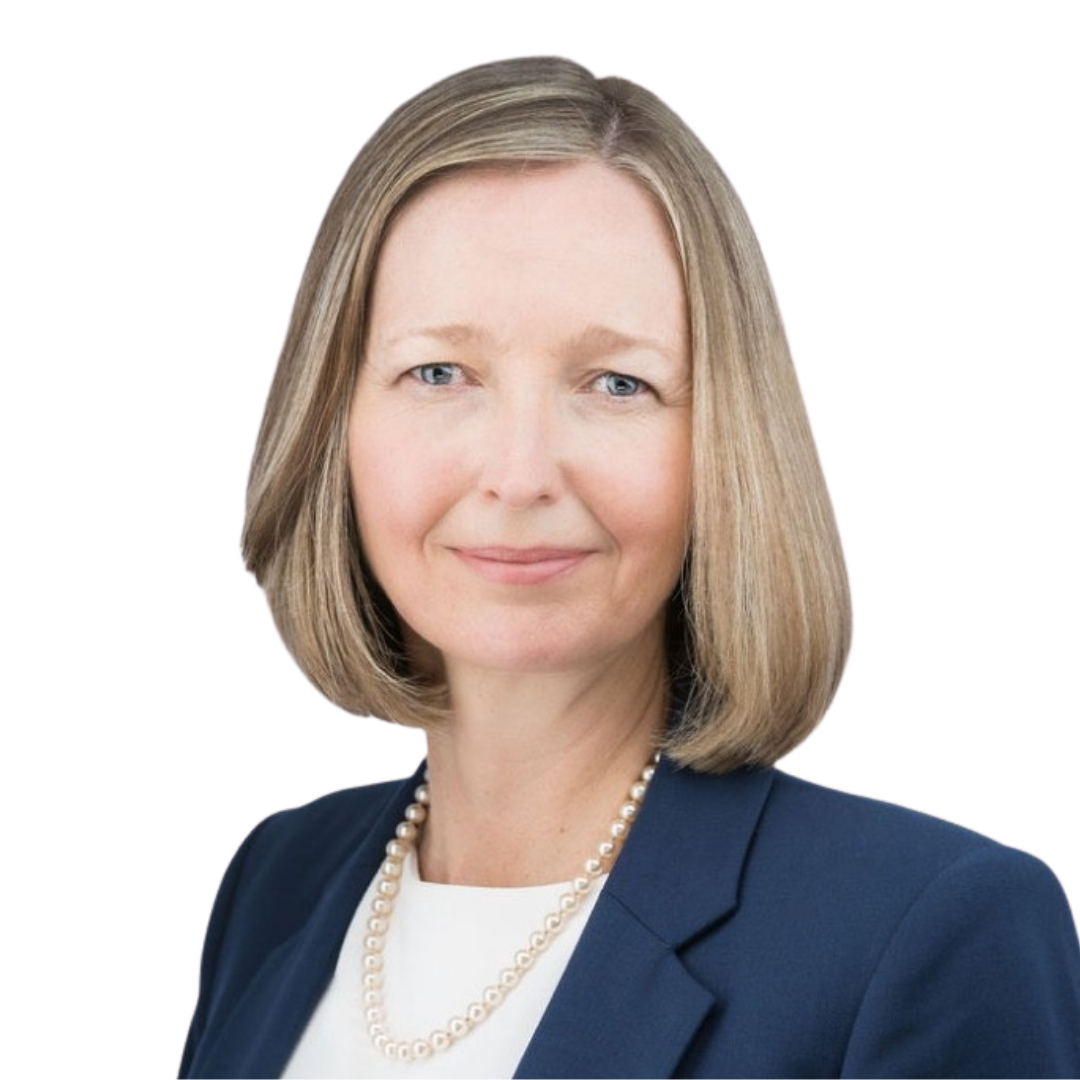











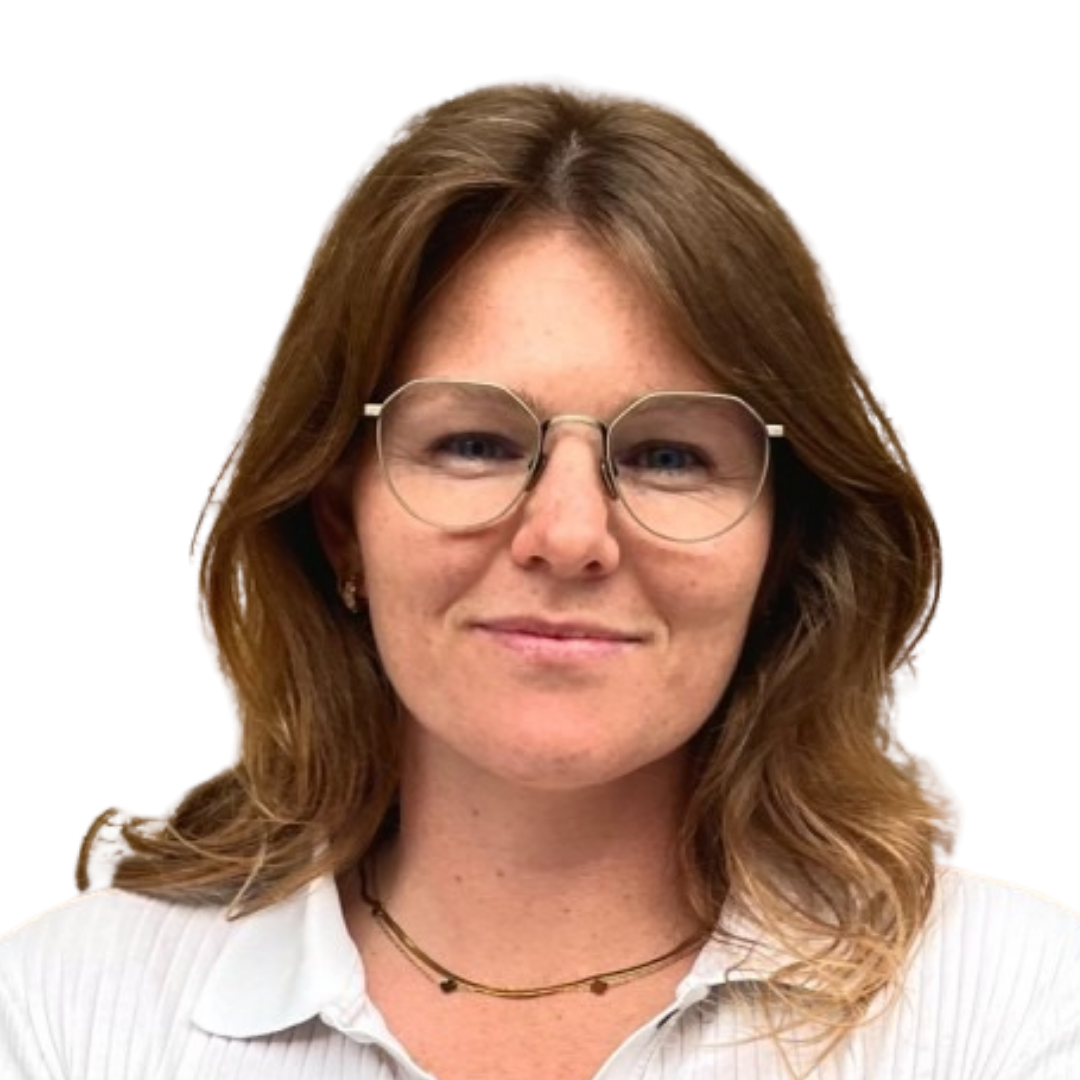










.png)










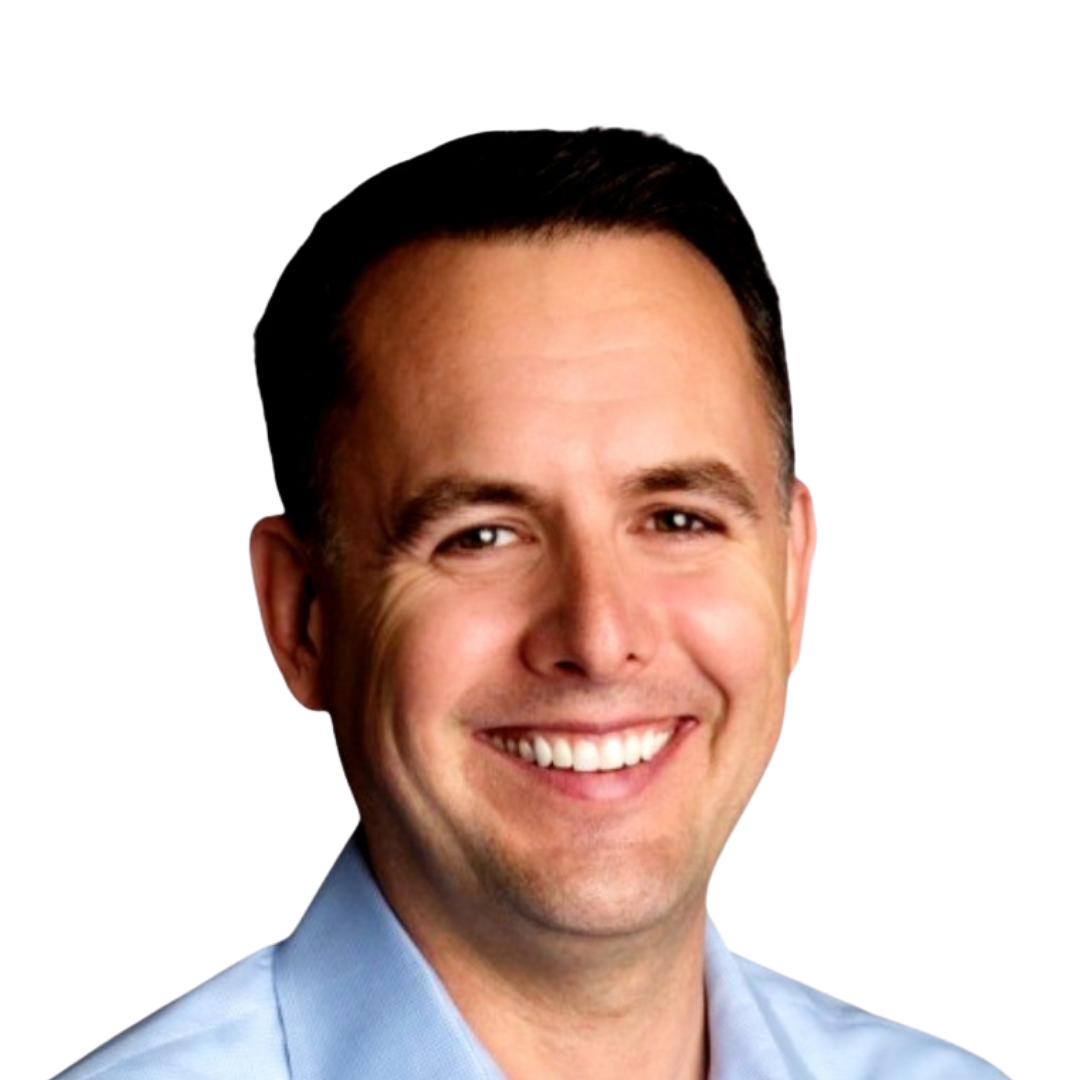

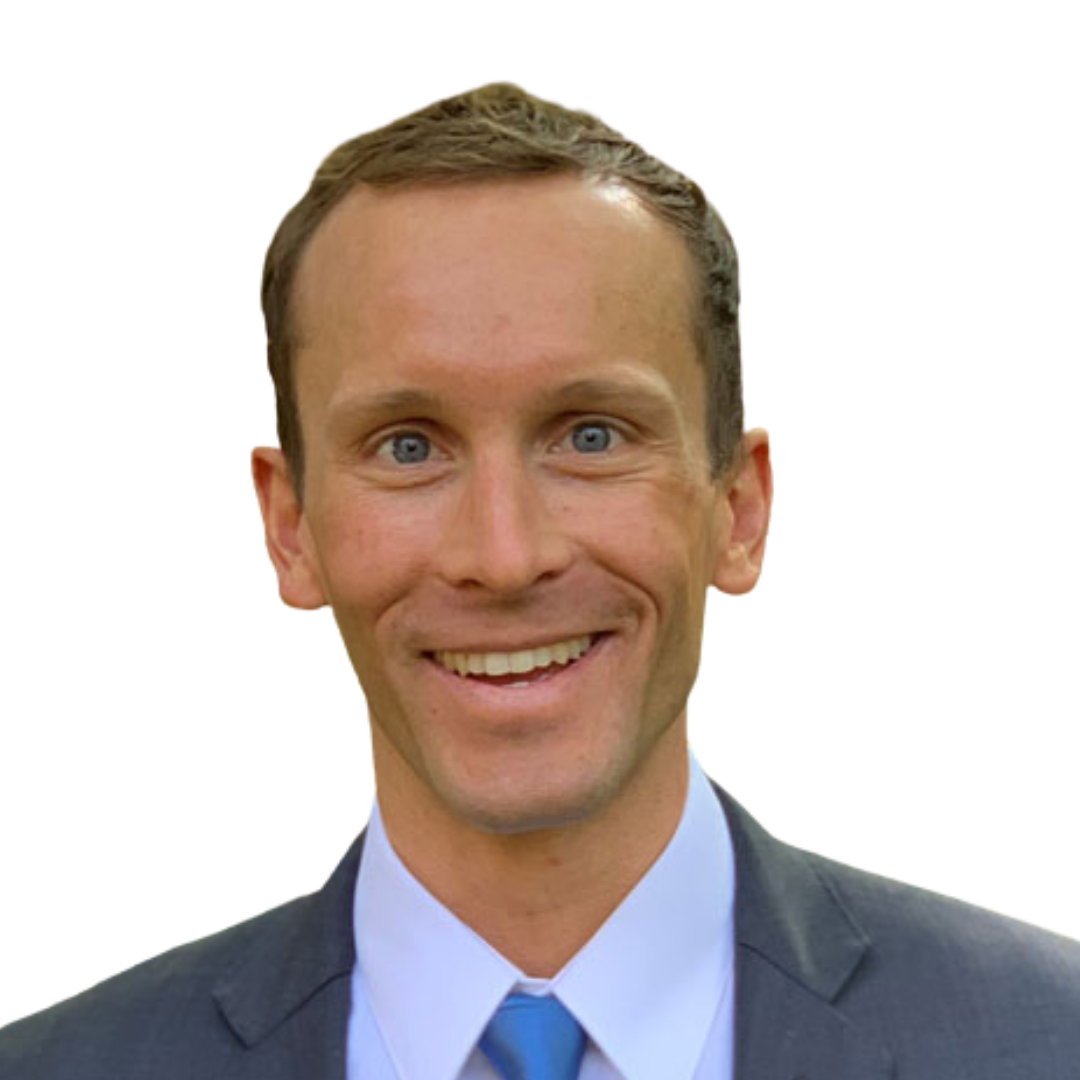






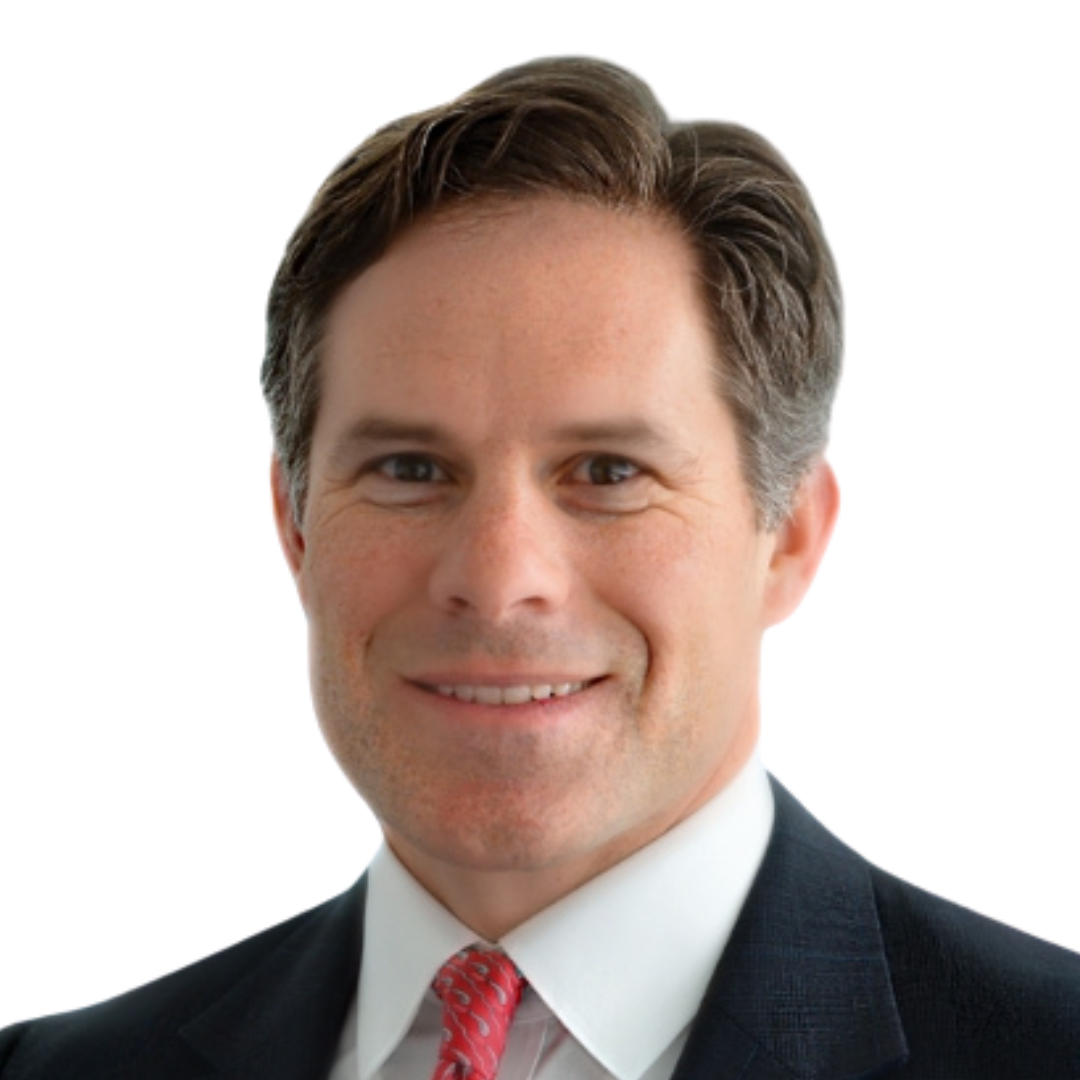










.png)


.png)


%20(1).png)








